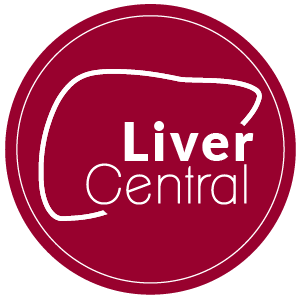Hepatocellular carcinoma is a common cancer worldwide and a leading cause of cancer-related death. Although early-stage disease may be curable by resection, liver transplantation, or ablation, most patients present with unresectable disease and have a poor prognosis.
The multikinase inhibitors sorafenib and lenvatinib are the approved first-line systemic treatments for unresectable hepatocellular carcinoma on the basis of studies showing modestly longer survival with sorafenib than with placebo and noninferiority of lenvatinib to sorafenib. Both are associated with considerable side effects that impair quality of life.
Several cancer immunotherapies that target the PD-L1–PD-1 pathway (i.e., checkpoint inhibitors) are currently being evaluated in patients with hepatocellular carcinoma. Atezolizumab selectively targets PD-L1 to prevent interaction with receptors PD-1 and B7-1, thus reversing T-cell suppression. Bevacizumab is a monoclonal antibody that targets VEGF, inhibits angiogenesis and tumor growth, and showed response rates of 13 to 14% in single-agent phase 2 studies in patients with advanced liver cancer. A phase 1b study of atezolizumab plus bevacizumab in patients with untreated unresectable hepatocellular carcinoma showed an acceptable side-effect profile and promising antitumor activity, with an objective response rate of 36% and a median progression-free survival of 7 months. We conducted IMbrave150, a global, multicenter, open-label, phase 3 randomized trial, to determine the safety and efficacy of atezolizumab plus bevacizumab as compared with sorafenib in patients with unresectable hepatocellular carcinoma who had not previously received systemic therapy.
VOGEL A, QIN S, KUDO M, ET AL. LENVATINIB VERSUS SORAFENIB FOR FIRST-LINE TREATMENT OF UNRESECTABLE HEPATOCELLULAR CARCINOMA: PATIENT-REPORTED OUTCOMES FROM A RANDOMISED, OPEN-LABEL, NON-INFERIORITY, PHASE 3 TRIAL. LANCET GASTROENTEROL HEPATOL. 2021;6(8):649-658. DOI:10.1016/S2468-1253(21)00110-2
